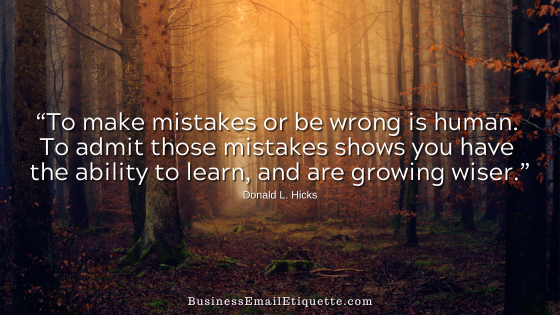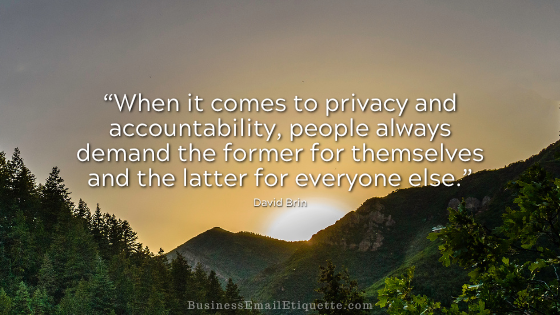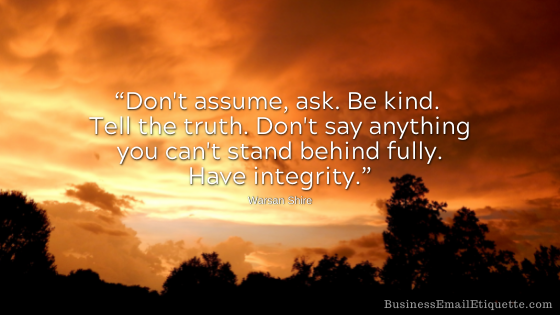Business Email Informality and Mistakes in Judgment

Once we discover mistakes have been made, how we handle email errors, whether in judgment or oversights, separates the professionals from the rest. In particular, the biggest mistake in business emails is simply not paying attention to your actions.
Assuming an informal approach is a common misstep in business email communications. Inappropriate informality neglects to give your email the attention required for the best results.
I understand this point of view with non-business personal emails. However, never underestimate the importance of formality in business email communications.
Business is Not Informal
While some businesses have a more relaxed environment, business communications must always be professional. Some of the basics are commonly underestimated in their importance.
The above are common errors or mistakes in judgment, primarily because we are taking an informal approach.
Informalities Lead to Misunderstandings
Business communications need to be clear and concise. Here are a few examples:
Time to Pay Attention
We do this mainly because we are in a rush and do not pay attention to details. Just know that when you rush, you risk errors that can create unimpressed or disgruntled business contacts.
Part of using technology and email properly for business, a.k.a. commercial gain, is thinking about how your actions can garner the best perception possible and how those actions, or lack thereof, may impact the other side.
Overall, while a certain level of informality can help build rapport and create a relaxed atmosphere in business communication, it’s crucial to strike the right balance and always consider the context and preferences of the recipients to avoid misunderstandings.
You made these mistakes; now what?
These are just a few things that can negatively impact your business relationships. Don’t be like so many and point fingers or create excuses when you mess up. Just that attitude causes many to fail (at their job, business, or personal life).
Stand Tall and Accountable
Instead, stand out from the crowd and show humility by reflecting on personal accountability for your actions. If you make a mistake, don’t compound the issue by offering excuses for not paying attention. That’s a red flag that other matters in your business purview are probably not being considered.
Learning from the experience and offering a prompt apology is a true sign of character. And guess what? Character is one of the main reasons people choose to do business with you.






